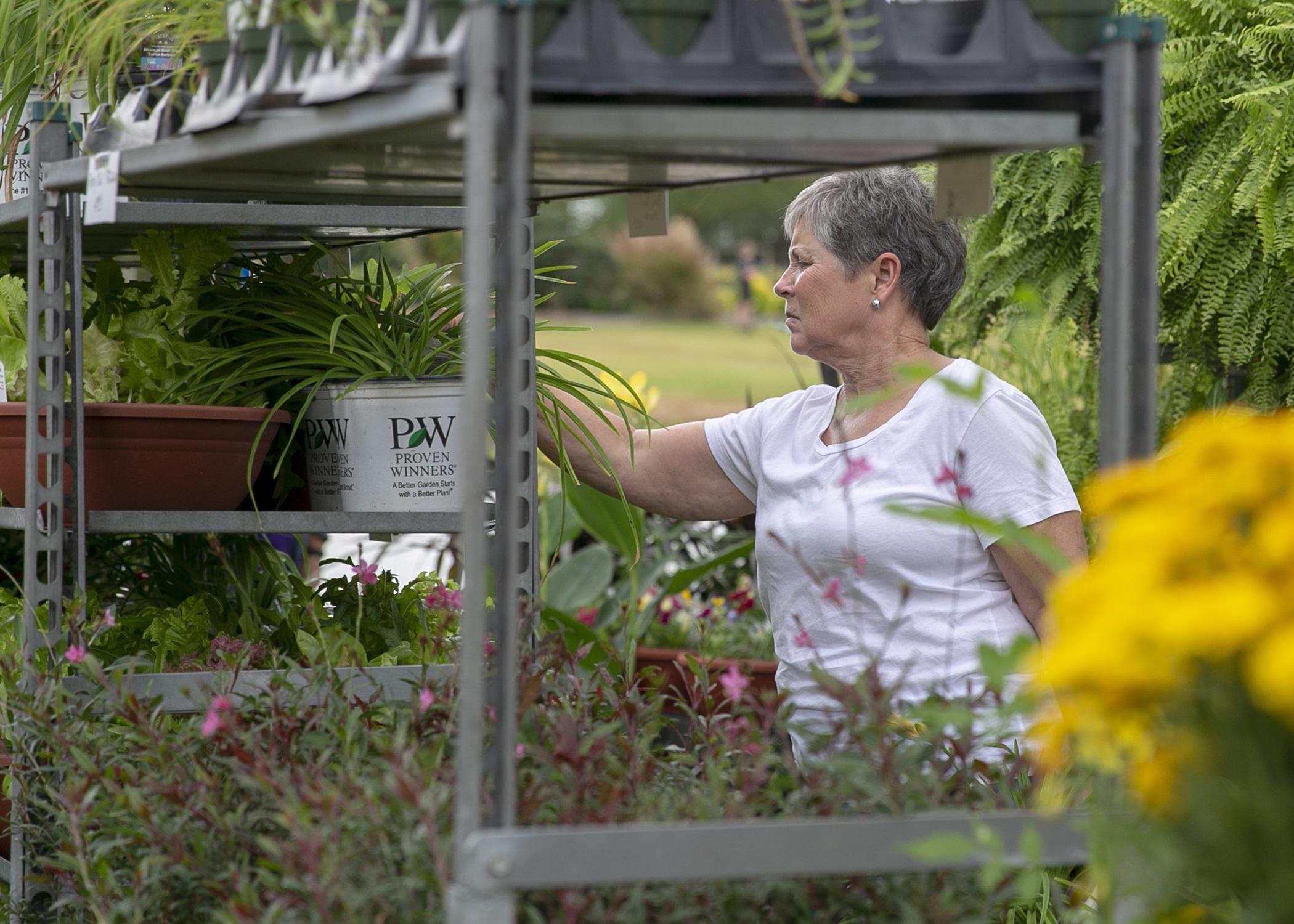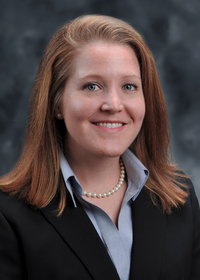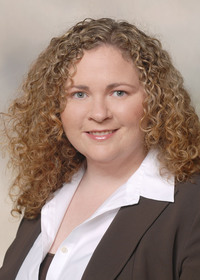Information Possibly Outdated
The information presented on this page was originally released on March 25, 2020. It may not be outdated, but please search our site for more current information. If you plan to quote or reference this information in a publication, please check with the Extension specialist or author before proceeding.
Social interaction possible while in social distancing
STARKVILLE, Miss. -- Mississippi State University Extension experts join the chorus of voices urging all people to practice social distancing during the COVID-19 pandemic, saying this is crucial for older adults.
David Buys, health specialist with the MSU Extension Service, said social distancing refers to approaches known to stop or slow the spread of contagious diseases such as COVID-19.
The primary focus is physical distancing, which means individuals must get creative to maintain safe social interaction.
“Physical distancing means limiting or eliminating visits to places where you’d interact with others, with bacteria or viruses in the air, or contact with surfaces that may be contaminated with something that could make you ill,” Buys said. “It is different from quarantining, which means we intentionally stay in and away from people after we learn that we have been exposed to a contagious disease, even if we don’t have any symptoms.”
Buys said social distancing is a general approach that limits normal, public routines such as shopping and socializing to broadly limit exposure to a known disease.
“Social distancing is something that everyone should engage in at a time like this -- even those who don’t know if they have been exposed to a disease,” he said. “It helps slow the possible spread of a disease.”
Practically, this means maintaining a distance of at least 6 feet from others and severely limiting what is touched if a person has to leave the house. Use hand sanitizer after touching public surfaces. When possible, use sanitizing wipes on surfaces such as gas pumps and grocery carts. Always wash hands with soap and water when returning home.
“Older adults should practice strict social distancing for the foreseeable future,” Buys said. “Pay attention to information sources that meet the ABCs -- authoritative, bias-free and current -- such as the World Health Organization, Centers for Disease Control and Prevention, the Mississippi Department of Health and MSU Extension.”
Older adults, in general, may have more susceptibility to illness. To date, eight out of 10 COVID-19-related deaths reported in the U.S. have been in adults 65 years old and older.
Joe Wilmoth, professor of human development and family science in the MSU School of Human Sciences, said that while it is important to keep a physical distance during this time, people of all ages should continue to connect meaningfully in social ways through telephone, text, video conferencing and more.
“Older adults already are more prone to be isolated because of a variety of factors, and being separated from loved ones -- and people in general -- can be particularly hard,” Wilmoth said. “Being lonely or socially isolated is a risk factor for health problems, including early death, heart disease and dementia. Relationships often become a higher priority for people as they grow older, which compounds the importance of being socially connected while physically separated.”
Wilmoth said that active and healthy older adults can take the initiative to stay connected with friends and family through phone calls, video calls, text messaging and social media. Those confined to an institution may need someone else to initiate contact through phone calls, letters and cards, or other appropriate means.
“We are seeing on social media that many people are finding creative ways to connect with nursing home residents by visiting or singing through windows, and some nursing homes are keeping residents physically separated but visually connected through such things as dancing and doing physical therapy in the halls.”
For more information on COVID-19 and best practices for older adults, visit https://acl.gov/COVID-19. The MSU Extension Service provides related educational information at http://extension.msstate.edu/coronavirus.







